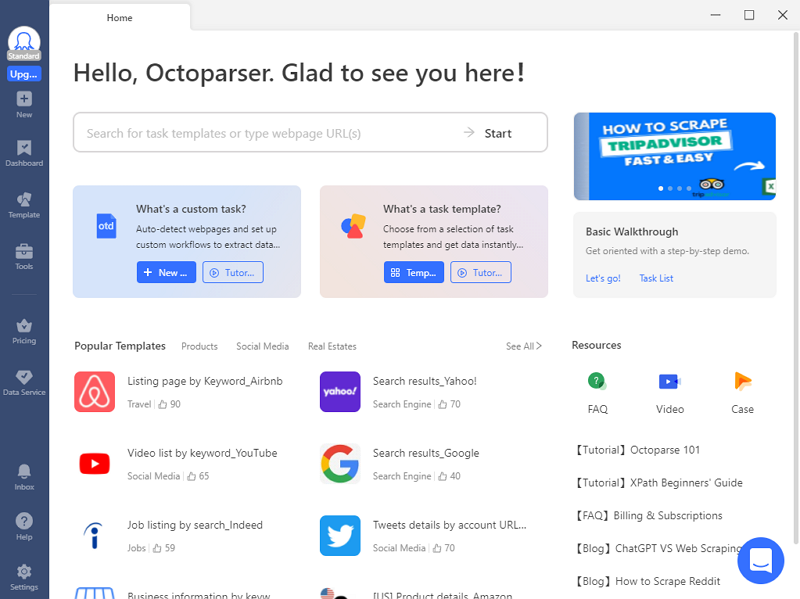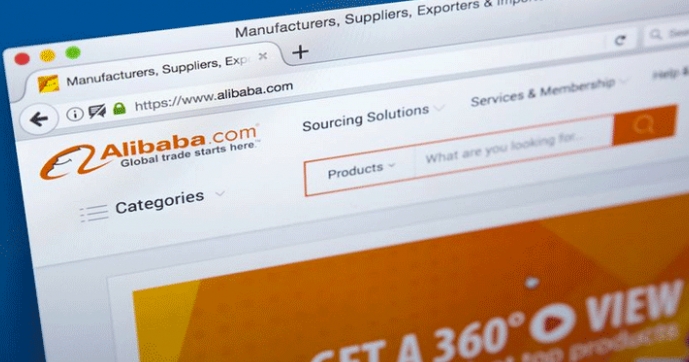Knowing your worth is more important than ever in a competitive century. Salary, in this context, has become a good indicator. You should have a clear understanding of the salary level for jobs whether you’re job hunting or working in HR. But where to find salary information and how to develop an insight into the labor market based on tracking salary? The answer you need is in this post! Meanwhile, this post will walk you through how to collect salary information with web scraping.
Why You Need to Track Salary Information
Salary information is a valuable source for understanding the wage benchmarks for various roles across different locations, companies, industries, etc., making both job seekers and employers benefit from it.
For jobseekers
Web scraping grants job seekers access to current and comprehensive salary intelligence to make more informed decisions. Meanwhile, salary information on job search engines gives them a choice to have a deep understanding of the whole market.
- Have a bigger picture of the market: salary scraping can give you information on typical pay bands for a role in different locations, industries, company sizes, etc., and help you identify salary outliers. Thus, you can indicate opportunities worth investigating or posting unlikely to meet your expectations.
- Inform career changes: the market is fast-changing. The market changes are always reflected in salary levels. Scraped salary data can let you conduct research into roles requiring similar skills that may pay more as career path options.
- Negotiate a raise: after grabbing salary information from a variety of websites, you can see how your existing pay compares to market rates to know if you’re underpaid and therefore worthy of seeking higher offers. Structured pay data pooled from everywhere gives you more leverage when discussing competitive offers or salary requirements.
For employers
In short, online salary data provides companies with varied advantages from marketing to management if it’s monitored routinely for prevailing trends.
- Evaluate candidate satisfaction: nowadays, job seekers pay more attention to research salaries during application. By tracking salary information, you can set accurate expectations for jobs or evaluate how much a candidate might be satisfied with the provided salary.
- Improve efficiency in recruitment: when you have the latest salary information on job posting platforms, you’ll understand pay trends, regional pay disparities, and more. Such insights allow you to provide more reasonable and attractive salary details for positions, then you can attract qualified talent efficiently while remaining fiscally responsible.
Where to Find Salary Information
Nowadays, you can access salary information on many platforms. Along with job search engines, company career pages, and other salary tools can be valuable sources as well. Here are some of the most famous websites where you can get salary data.
- Glassdoor: on Glassdoor, you can access salary information for specific positions at specific companies, including average salary, bonus, total pay, etc. All salaries are reported anonymously by employees, giving you a comprehensive and trustworthy view.
- ZipRecruiter: the ZipRecruiter Salary page provides a tool to search current salary data and get the compensation you deserve in your role. It accesses over 15M monthly jobs and gets up-to-date salary info, letting you make informed career decisions with the tool.
- Company career pages: by scrolling through the career pages of companies, you have the opportunity to get first-hand information on salaries for jobs at specific companies. This is also a trustworthy and easy-to-access salary database.
Easy Steps to Extract Salary Data with Web Scraping
Salaries are dynamic. Web scraping is the key to grabbing the most updated salary data. As a technique to automate the process of data extraction, web scraping tools can help you turn pages into structured data for further use. In this part, we’ll walk you through how to build a salary scraper with Octoparse, a no-coding web scraping solution.
If this is your first time scraping salary data, download Octoparse for free and install it on your device. Then, you can sign up for a new account or log in with your Google and Microsoft account to unlock the powerful features of Octoparse.
Step 1: Create a new task to grab salary data
Copy the URL of the page you want to pull salary data from and paste it into the search bar on Octoparse. Then, click “Start” to create a new task for scraping salary information.

Step 2: Auto-detect salary information
Wait for the page to finish loading in Octoparse’s built-in browser, then click “Auto-detect webpage data” in the Tips panel. After that, Octoparse will scan the whole page and detect any extractable data. All detected data will be highlighted on the page, so you can check if Octoparse makes a good “guess” on what data you need. Also, you can check all detected data fields on the “Data Preview” panel at the bottom.
Step 3: Create and modify the workflow
Once you’ve selected all the wanted data, click “Create workflow.” Then, an auto-generated workflow will show up on your right-hand side. It’s a flow chart containing all the actions of the salary scraper. You can easily understand how the scraper works by reading the workflow from top to bottom. Meanwhile, with a click on an action, you can check if the action works as you expected. For unexpected actions, you can remove them from the chart directly and add new actions to modify the scraper.
Step 4:Run the task and export scraped salary data
After you’ve double-checked all the details, click the Run button to launch the scarper. There are two options for you to run the task. One is running it on your local device, which is a great choice for small tasks and quick runs. The other one is handing it over to Octoparse cloud servers. The cloud platform can scrape data around the clock, so you can get the latest salary data.
When the task finishes running, export the scraped salary information to a local file like Excel, JSON, CSV, etc., or a database like Google Sheets.
Wrap Up
Salary data provides various advantages for both job seekers and companies. When you have sufficient salary information, you’re more likely to develop a deep insight into the whole labor market even the industries. Try Octoparse now, and dive into the market!




